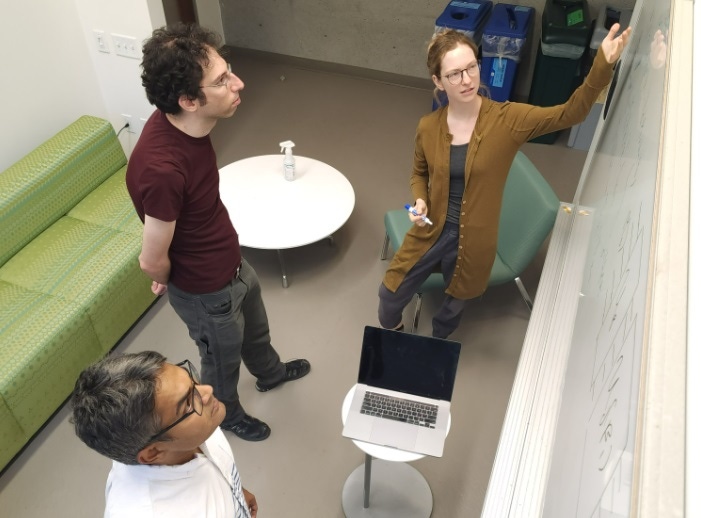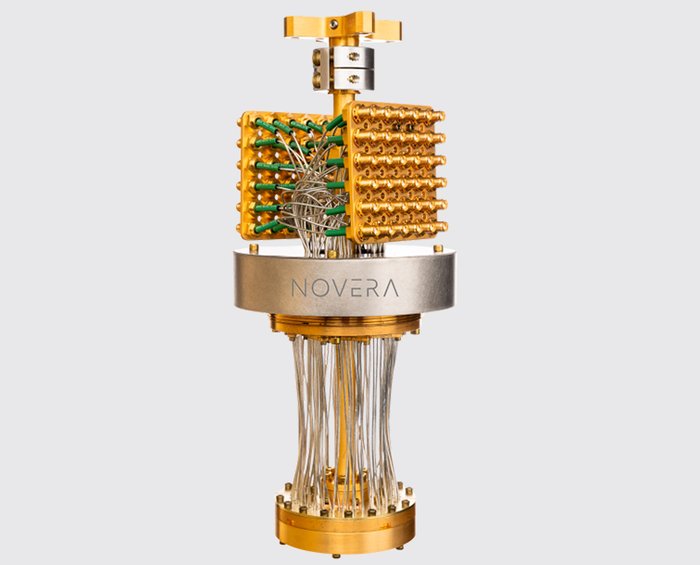
Connects decision-makers and solutions creators to what's next in quantum computing
Sandia National Laboratories’ research demonstrates a method by which quantum could help restore security during conflicts

Research by U.S. research agency Sandia National Laboratories has demonstrated that quantum computing could help restore stability to global supply chains disrupted by events like the Russia-Ukraine conflict.
The research examined a new way to design programs that could enable future sufficiently powerful quantum computers to solve these kinds of massive optimization problems. The research was published in the journals Physical Review Letters and Physical Review A and was led by Sandia Truman fellow Alicia Magann.
“Reconfiguring the supply chain on short notice is an exceptionally difficult optimization problem, which restricts the agility of global trade,” said Magann.
Quantum computers are particularly well-suited for solving complex optimization problems such as logistics, which become incrementally harder to solve as more variables are added. Improvements in processing power and error mitigation mean practical solutions will be available soon but quantum computers are still difficult to access for people familiar with classical computing.
“It’s very difficult to come up with quantum algorithms. One of the big reasons for this, apart from quantum computing being very unintuitive, is that we have very few general frameworks for developing quantum algorithms,” said project principal investigator Mohan Sarovar.
The Sandia team used a hybrid computing method called the variational approach, in which a classical computer optimizes the control settings that dictate the behavior of the quantum computer. However, classical computers struggle with optimization problems with a large number of parameters.
The Sandia team reduced the role of classical computing using a framework called feedback-based algorithm for quantum optimization (FALQON), so the classical computer does not do any optimization.
Sandia’s solution sees the quantum computer repeatedly adapt its structure as it works through a calculation. Layers of quantum computing gates, the building blocks of quantum algorithms, are determined by the output of previous layers through a feedback process.
“After I run the first layer of the algorithm, I measure the qubits and get some information from them,” Magann said.
“I feed that information back to my algorithm and use that to define the second layer. I then run the second layer, measure the qubits again, feed that information back for the third layer, and so on.”
The U.S. Department of Energy and Sandia’s Laboratory Directed Research and Development funded the program.
About the Author(s)
You May Also Like
.png?width=100&auto=webp&quality=80&disable=upscale)
.png?width=400&auto=webp&quality=80&disable=upscale)




